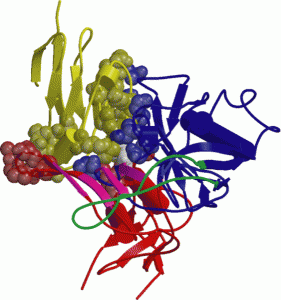The autoimmune rheumatic disease systemic lupus erythematosus (SLE) has been shown to have multiple defects in lymphocyte signaling and function. Glycosphingolipids (GSLs) are essential for many cellular processes and are composed of a ceramide backbone embedded in the outer leaflet of the plasma membrane and a sugar moiety that projects into the extracellular space. GSLs are enriched predominantly in lipid rafts in the plasma membrane with the ability to coordinate the interaction of key signaling molecules that facilitate lymphocyte activation and function. Furthermore, differential GSL expression influences a range of T cell functions including TCR-mediated signaling, apoptosis and recycling. The control of plasma membrane GSL levels is therefore very important and tightly regulated. Alterations to these processes can lead to a number of clinical manifestations such as glycolipid storage diseases, and possibly also to T cell function and autoimmunity. This study was able to show that CD4+ T cells from SLE patients displayed an altered profile of lipid raft–associated GSLs compared with that of healthy controls. They found that elevated GSLs in SLE patients were associated with increased expression of liver X receptor beta (LXRbeta), a nuclear receptor that controls cellular lipid metabolism and trafficking and influences acquired immune responses. Stimulation of CD4+ T cells isolated from healthy donors with synthetic and endogenous LXR agonists promoted GSL expression, which was blocked by an LXR antagonist. Increased GSL expression in CD4+ T cells was associated with intracellular accumulation and accelerated trafficking of GSL, reminiscent of cells from patients with glycolipid storage diseases. While inhibition of GSL biosynthesis in vitro with a clinically approved inhibitor normalized GSL metabolism, corrected CD4+ T cell signaling and functional defects, and decreased anti-dsDNA antibody production in SLE patients. Thereby indicating that lipid metabolism defects contribute to SLE pathogenesis and suggest that targeting GSL biosynthesis could restore T cell function in SLE.












